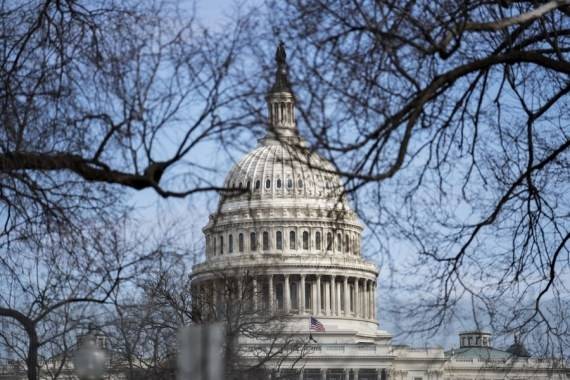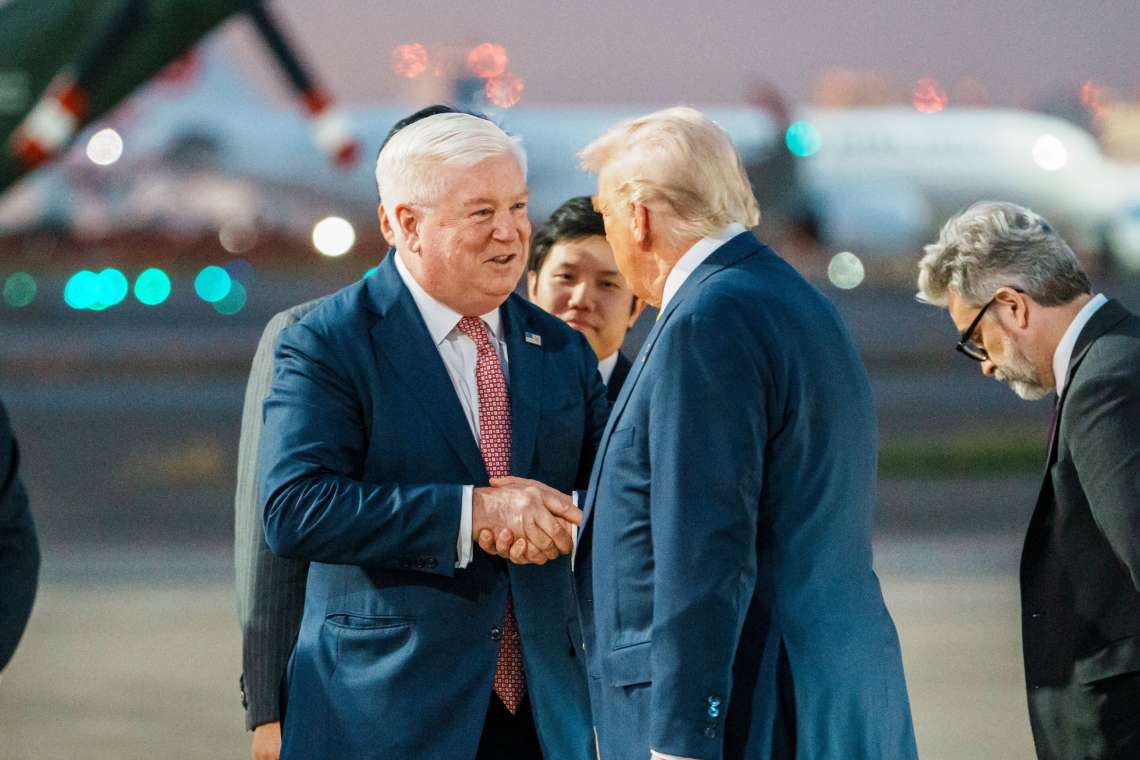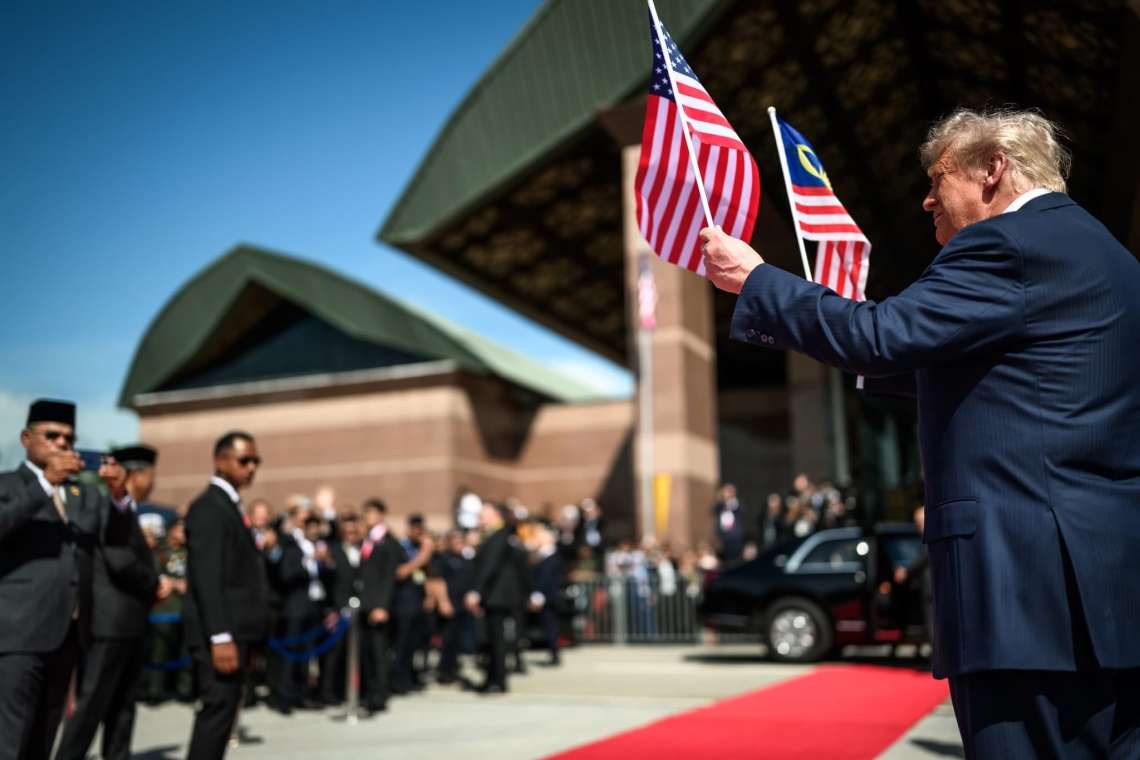The bill has currently received unanimous consent, and has to mandatorily pass the House of Representatives before being sent to President Joe Biden to be signed into law…reports Asian Lite News
The US Senate passed a bill on Wednesday to impose a ban on the import of all products from or manufactured in China’s Xinjiang region. The ban will only be waived if importers can prove that the products weren’t made with forced labour, thereby marking the US’ latest effort to punish Beijing for their treatment of Uyghurs and other Muslim groups.
The Uyghur Forced Labor Prevention Act reportedly needs the US Department of Homeland Security to form a list of entities working with the Chinese government to suppress Uyghurs and other groups. The bill would create a “rebuttable presumption” assuming that all products made in Xinjiang are done with forced labour and thus banned under the 1930 Tariff Act, unless importers can prove otherwise.
The bill has currently received unanimous consent, and has to mandatorily pass the House of Representatives before being sent to President Joe Biden to be signed into law. Republication Senator Marco Rubio – who introduced the bill, with Democrat Jeff Merkley, called for fast action on the bill by the House.
“We will not turn a blind eye to the CCP’s ongoing crimes against humanity, and we will not allow corporations a free pass to profit from those horrific abuses,” Rubio said in a statement.
Democrat Merkley, on the other hand, highlighted that no US corporation “should profit from these abuses” and that no US consumers should be “inadvertently purchasing products from slave labour”.
The US administration has consistently criticised Beijing over its actions against ethnic groups, saying they amount to genocide and crimes against humanity. In 2018, UN experts cited that anywhere from tens of thousands to over 1 million Uyghurs have been detained in China, and coerced into taking jobs under a labour-transfer programme. After this, the US put a ban on Xinjiang solar products, tomatoes, and cotton. Besides the US, the European Union (EU), Canada, and the UK have declared sanctions on China for their treatment of ethnic groups. However, China, in retaliation, has called the allegations the “biggest lie of the century,” stating that the country’s policies are to lift it out of poverty, counter-extremism, and uplift the economy.
Last week, the US included 34 new entities to its blacklist, including 14 Chinese ventures with alleged links to human-rights abuses in the Xinjiang area of China. If passed, the latest Uyghur Forced Labor Prevention Act also brings in the chance of visa and asset-blocking sanctions in connection to Xinjiang to include foreign people and entities.
ALSO READ: US govt repeats warning to China against attack on Philippine forces














